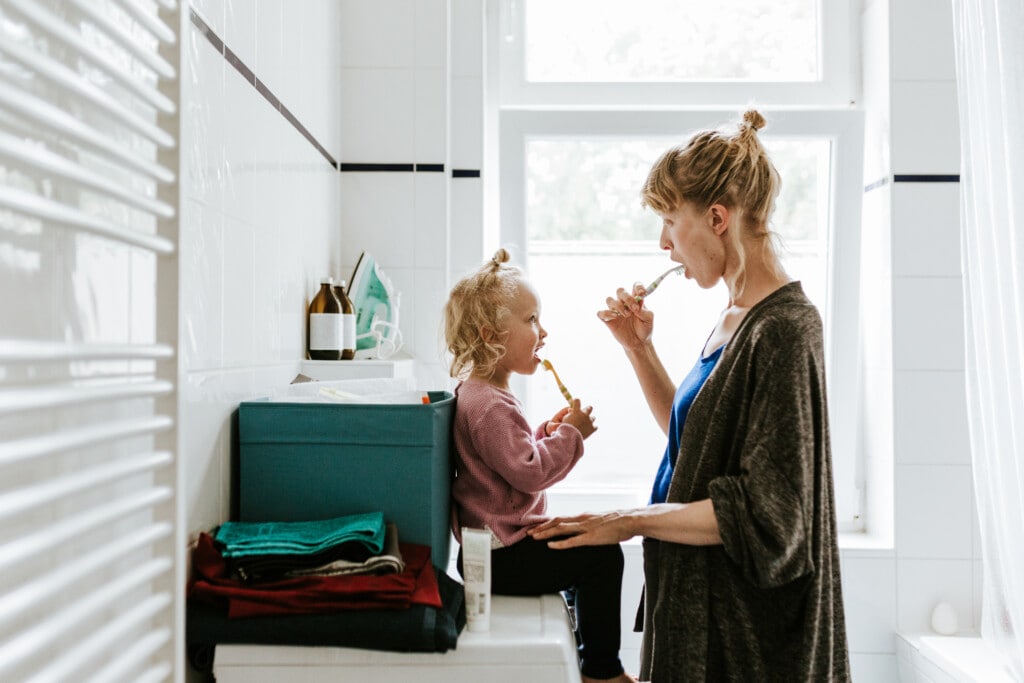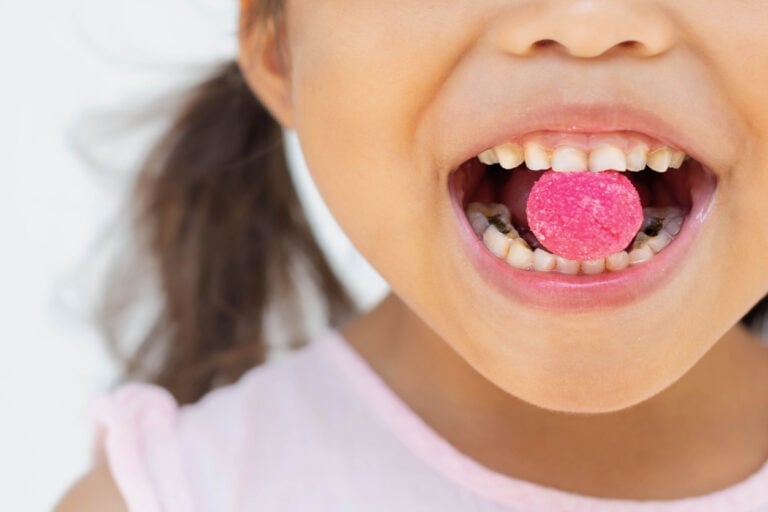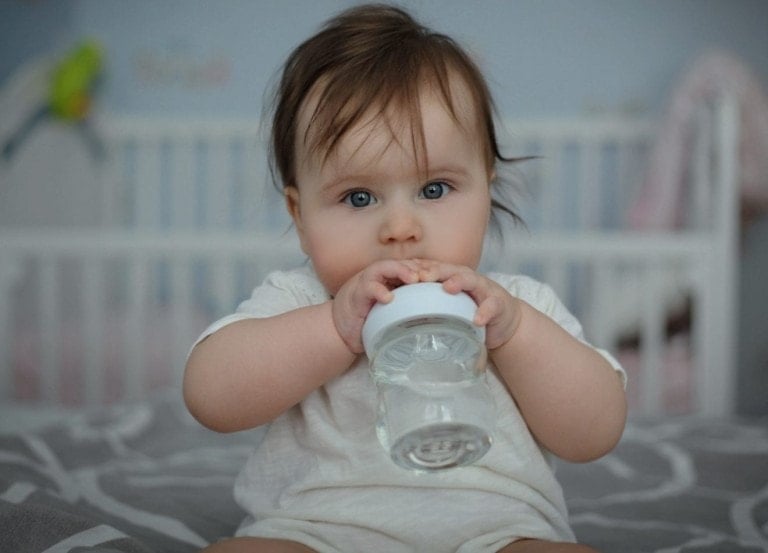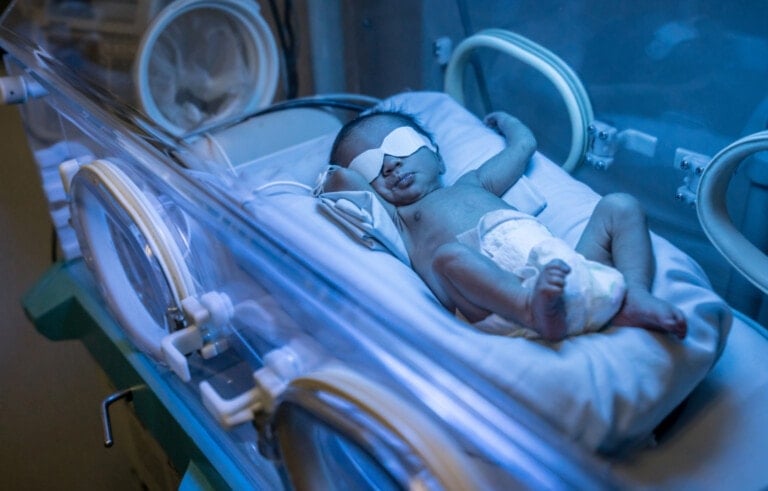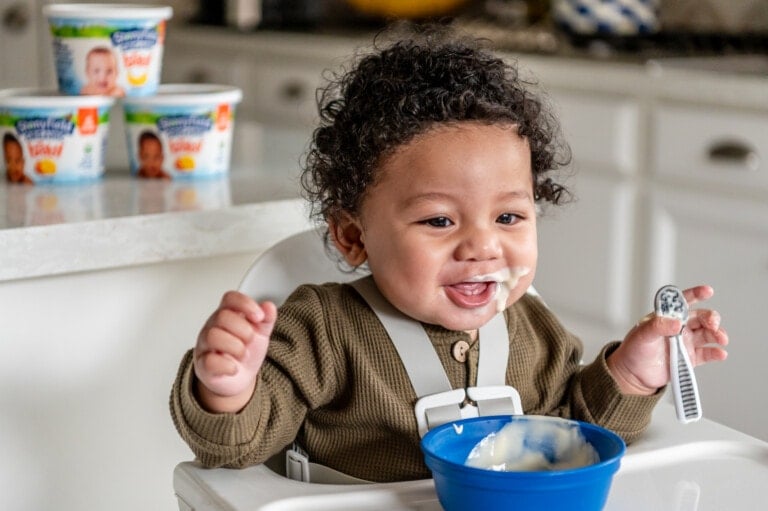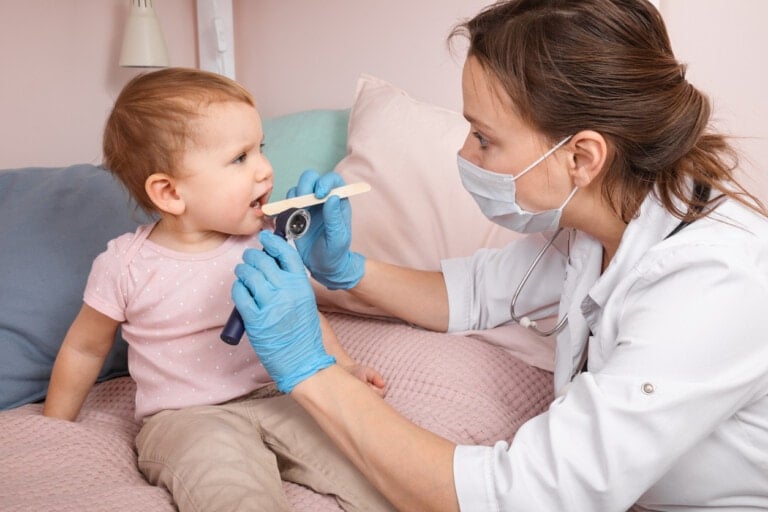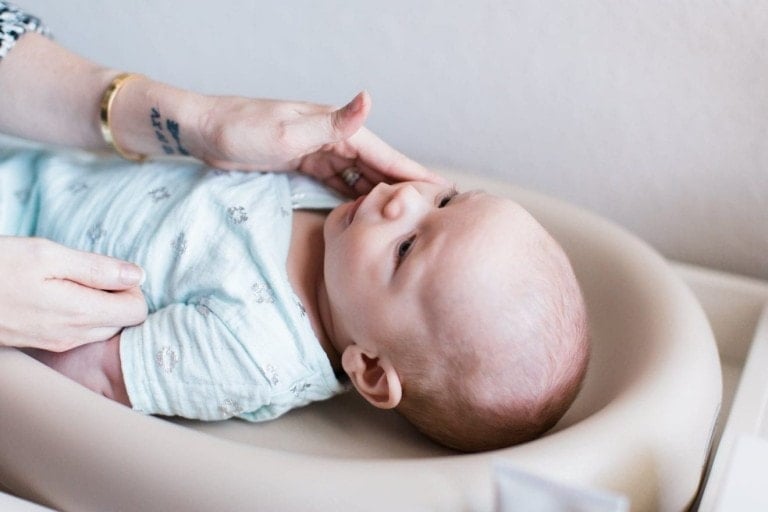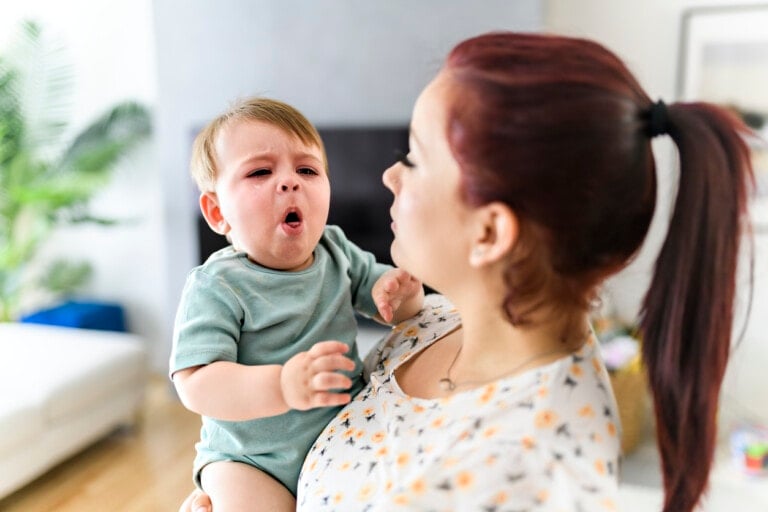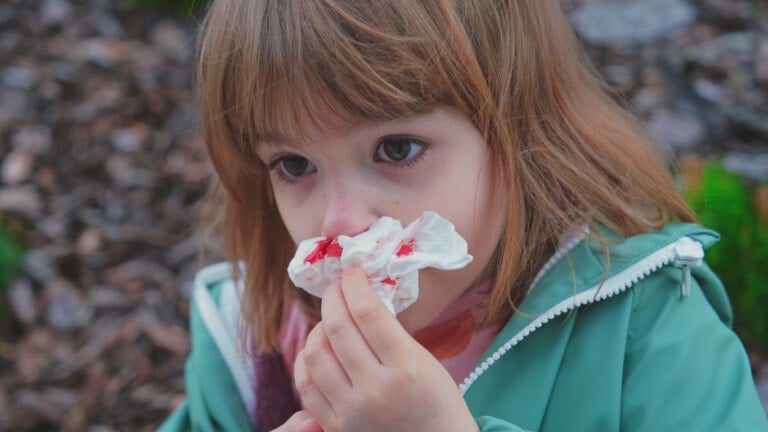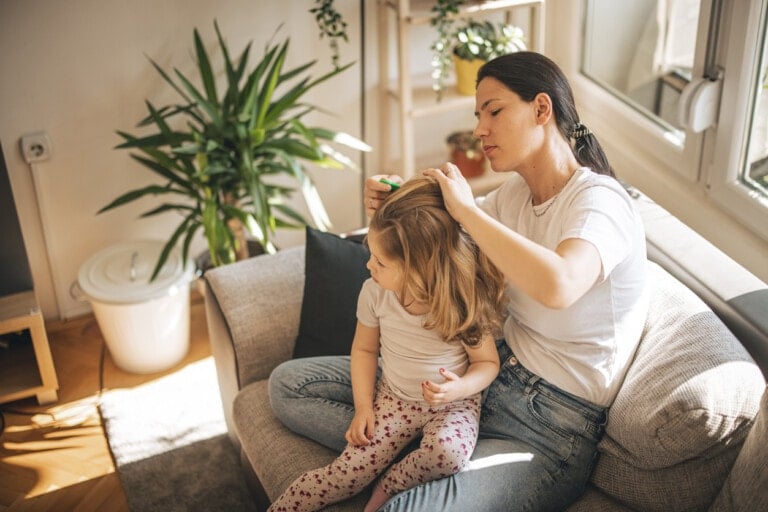Now that school’s back in session, it’s the perfect time to teach your kids a daily dental care routine that will set them up for a lifetime of good oral health and contribute to their overall well-being.
According to data from the North Carolina Child Health Assessment and Monitoring Program, children with poor oral health status were nearly three times more likely than their counterparts to miss school as a result of dental pain, and in turn, perform worse in school.1 As you can see, establishing good dental hygiene habits when they’re young is important but know that it will take dedication and patience!
How to Start a Back-to-School Dental Routine
As a mom of two daughters, ages two and four, I know how difficult it can be to get your children to let you brush their teeth. My two-year-old loves brushing her teeth, and my four-year-old will fight me every time, so I completely understand that one approach may not work for every child. However, parents need to remember that kids do not have the manual dexterity to brush thoroughly themselves until they are about six years old. So, it is important to go in after your child brushes and brush for them until that timeframe.
When should you start brushing kids’ teeth?
You’ll want to start brushing once your child’s first tooth erupts with a small, soft-bristled toothbrush twice a day around the tooth and gum line. You’ll want to avoid using too much toothpaste when brushing for a small child – the CDC and ADA recommend a rice-sized smear of toothpaste for children ages 0 to 3 and a pea-size amount for children ages three and up.2,3
Around the ages of two or three, you can start incorporating flossing in your child’s routine too.
When can kids brush by themselves?
As they get older (between three to six years old), have your child begin to practice brushing and flossing their teeth themselves, but until they’re confident to do it correctly on their own, you should continue doing it for them to ensure a thorough clean.
Once they are confident to brush their teeth (around age six), it is recommended to supervise toothbrushing time. You’ll need to make sure they’re flossing correctly, using the right amount of toothpaste, and brushing for two minutes. Also, it’s important to remind them not to swallow the toothpaste! Finally, follow up by brushing any places they might have missed. It is especially important to assist them with dental care at night since that is when most of the cavities grow.
When are the best times to brush kids’ teeth?
Before Bed
I always brush my children’s teeth right before story/bedtime. This way, they know as soon as they brush, there will be no more snacks or juice for the day. Getting in this routine early on signals it is time for bed, and the only thing they can ingest after this point is water. It’s vital to make sure your mouth is as clean as possible before bed because while you sleep, the plaque-causing bacteria in your mouth multiply, which is part of why you may wake up with a “mossy” taste and “morning breath.”
Morning Time
In the morning, you should always wash the bacteria that built up overnight right out with fluoride toothpaste to rid your teeth of plaque and bacteria, but lately, there’s been some debate about WHEN in the morning to brush your teeth.
While the ADA used to recommend brushing after breakfast, it now recommends brushing teeth before breakfast or waiting 60 minutes after breakfast. This is because eating foods like orange juice or citrus fruits increases acidity in the mouth, and brushing immediately after eating them can be erosive or possibly damaging to the enamel. Based on research from the Mayo Clinic, if you or your child eat something highly acidic, you should wait at least 30 minutes before brushing your teeth.4 However, it is best to rinse out your mouth with water after eating these foods instead, but be sure to spit the water out, don’t swallow it.
If your child does not have acidic fruits at breakfast, it is okay to brush after, but the idea is to instill a routine for your child that they can carry into adulthood. Since most adults drink coffee or tea, it is recommended to brush before or wait those 60 minutes, even for an adult. Therefore, getting your child to brush immediately after waking up is the best advice for the long haul in terms of routine.
On-the-Go
If you are having a crazy morning and your child happens to eat breakfast in the car on the way to school, another tip is to keep travel toothbrushes in your glove compartment. This way, you can brush before they get out of the car while still in the car seat. While it’s not the same as a proper teeth-brushing routine at the sink, it can help protect your kids’ teeth in a pinch.
What other tips do you have for brushing?
If you get stuck in a rut with kids not wanting to brush their teeth, try a new toothpaste or get your kids a new toothbrush that they get to pick out—whatever you can do to make it fun. Don’t forget to change your child’s toothbrush every three months to prevent bacteria from building up in the bristles, and finally, make sure you take your child to the dentist every six months for cleanings and exams. This is imperative for the prevention and early detection of any dental issues.
Establishing a dental routine for your child is not easy—I know from my two kids! But it’s well worth putting in the daily work. Instilling proper oral hygiene habits early on is vital for children’s overall well-being and will help them thrive in school and as adults. If you have any questions or need advice for getting your child into a good dental routine, it’s highly encouraged to speak to your dentist—we’re more than happy to help!













